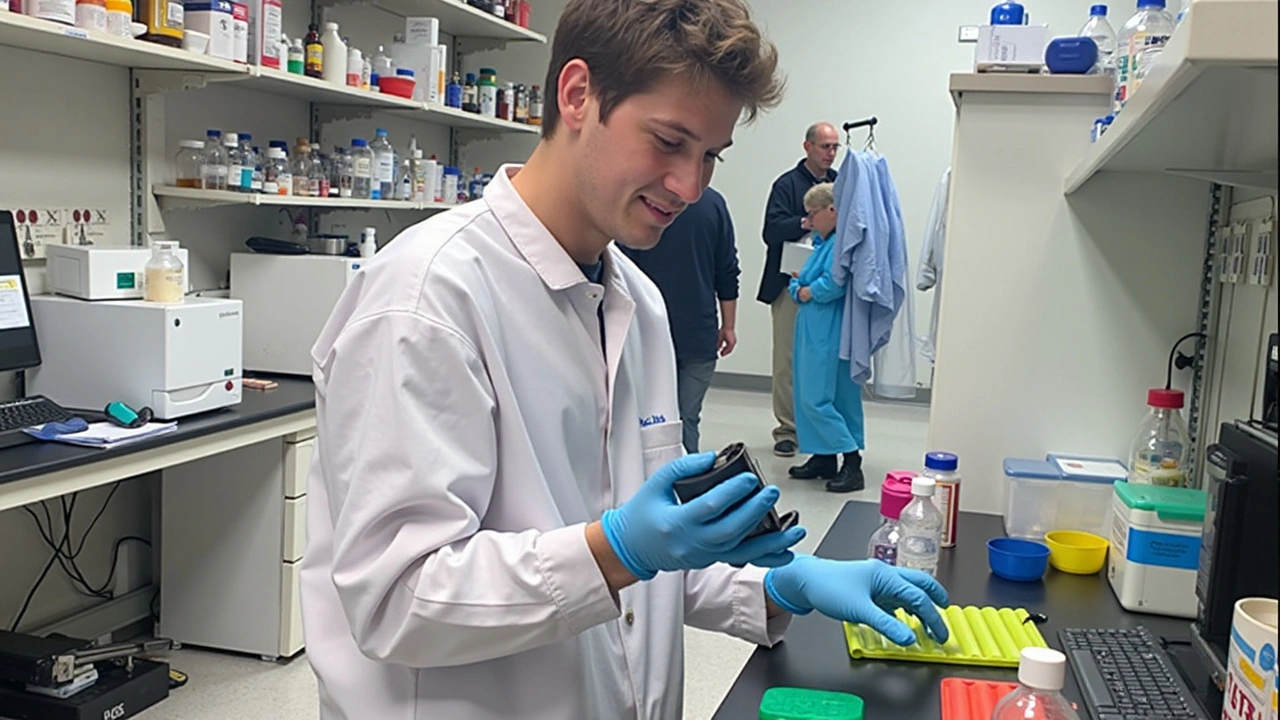Syphilis: Signs, Tests, Treatment and Prevention
Syphilis is a bacterial sexually transmitted infection that often starts with a painless sore and can progress to serious problems if not treated. It spreads mainly through sex and from mother to baby during pregnancy. Early treatment cures syphilis and prevents long term damage.
Recognizing stages and symptoms
Primary syphilis usually shows as a single painless sore called a chancre at the site of infection. The sore may go unnoticed because it is painless and heals on its own within weeks. Secondary syphilis can cause a rash on the palms of the hands or soles of the feet, fever, swollen lymph nodes, and flu like symptoms. Latent syphilis has no symptoms but the bacteria remain in the body. Tertiary syphilis can happen years later and affect the heart, brain, eyes and nerves, causing serious disability or death.
Symptoms vary between people and stages, so don't assume you are fine because symptoms are mild or gone. Recent sexual contact with someone who has symptoms, or a positive partner, means you should get checked even without signs.
Testing, treatment and prevention
Testing is easy: a blood test or fluid from a sore can confirm syphilis. Tests are available at clinics, sexual health centers, and many primary care offices. If you are pregnant get tested early and again in the third trimester if risk continues.
Treatment is a short course of antibiotics. For most cases a single injection of penicillin cures early syphilis. Longer courses are used for later stages. If you are allergic to penicillin your provider will advise a safe alternative. It's important to finish treatment and return for follow up blood tests to confirm the infection is gone.
Preventing syphilis means using condoms correctly for every sex act, reducing the number of sexual partners, and having honest conversations about testing with partners. Regular screening is vital for sexually active people, especially men who have sex with men and people with multiple partners.
If you test positive, notify recent partners so they can get tested and treated. Partner notification stops chains of transmission and protects others. Pregnant people need prompt treatment to prevent transmission to the baby, which can cause miscarriage, stillbirth, or severe illness after birth.
Worried you might have been exposed? Don't delay. Call a local clinic or use online resources to find testing near you. Early diagnosis makes treatment straightforward and keeps you and your partners safe.
At the clinic expect staff to ask about sexual history, symptoms, and possible exposures. Testing usually takes minutes for sample collection and results may come same day for rapid tests or within a few days for laboratory assays. Treatment appointments are quick when penicillin injection is used, but if you need a longer antibiotic course you may have followups to monitor response. After treatment your doctor will order blood tests at three, six, and twelve months to make sure antibody levels fall, which shows the infection cleared. Keep records of medication and test results and bring them to followups.
